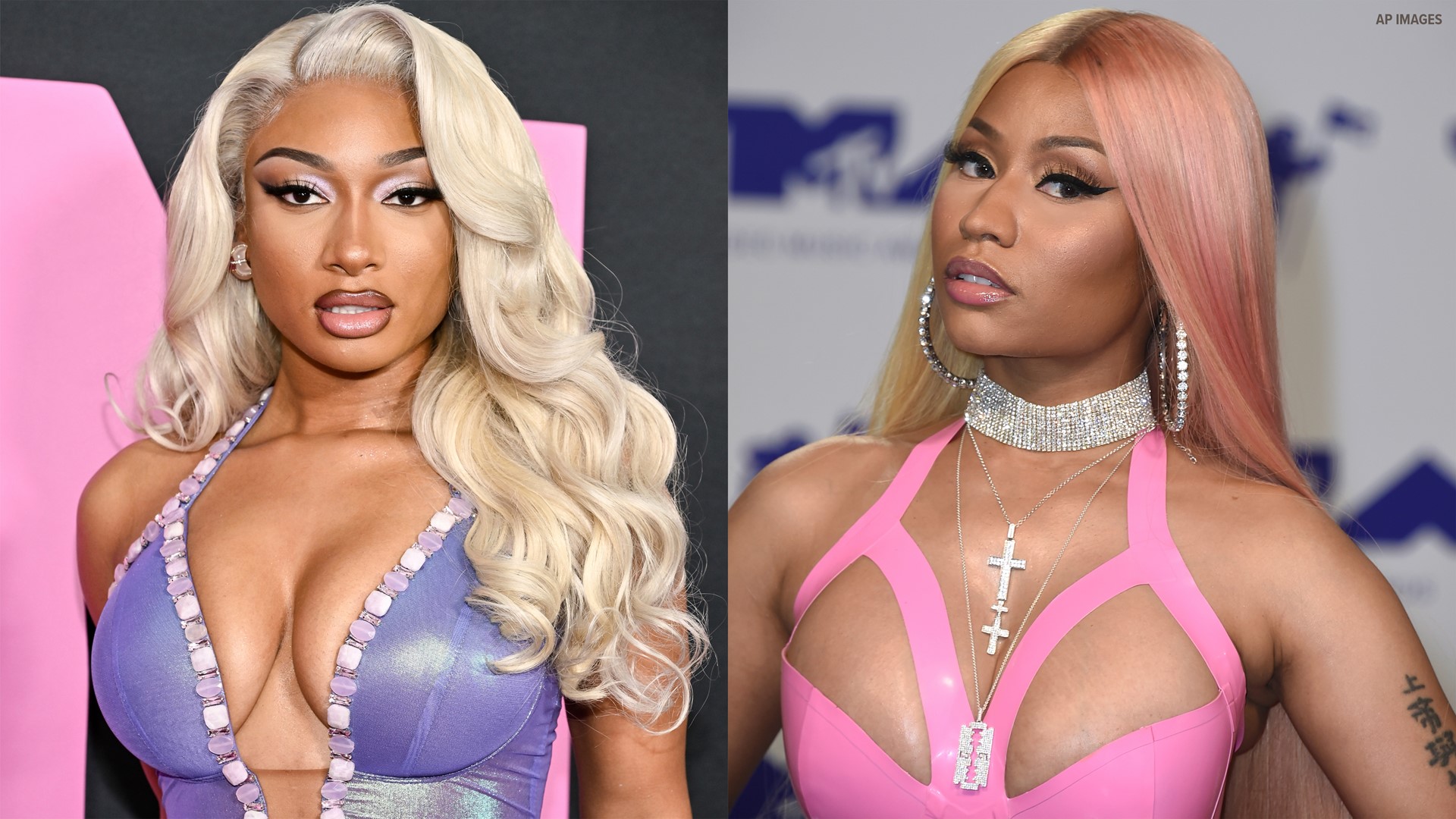When Megan Thee Stallion recently previewed her upcoming track “Hiss” on The Breakfast Club, she knew it would stir up the rap world, but her purpose was clear – to defend herself against critics through her music. Describing the essence of the song, Meg stated, “It’s basically telling you to back off. I hear you, I see you, back up off me now.” When asked about calling out specific individuals, she kept it mysterious, saying, “Whoever feel it feel it.”
However, the reaction from her fellow rap artists went beyond merely “feeling” it; it was a seismic response. For fans, “Hiss” was a long-awaited response to years of Meg being the subject of gossip blogs. However, the aftermath took an unpleasant turn with elements of misogynoir, particularly from Nicki Minaj. Nicki perceived a veiled reference to her husband, Kenneth Petty, in one of the bars (“These h*es don’t be mad at Megan, these h*es mad at Megan’s Law / I don’t really know what the problem is, but I guarantee y’all don’t want me to start”).
The term “Megan’s Law” relates to information on registered sex offenders like Petty. Nicki, who had previously faced accusations of shading Meg, unleashed an unhinged response with the track “Bigfoot,” resorting to derogatory comparisons and attempting to shame Meg for her appearance. Notably, Nicki also mocked Meg’s experience of being shot by Tory Lanez, a crime for which Lanez was found guilty.
Nicki’s attack on Meg goes beyond a mere rap feud; it delves into deeply racist and sexist tropes, perpetuating harmful stereotypes about the appearance of Black women. Comparing Black people to animals has been a historical tool of dehumanization, used to justify discrimination, hypersexualization, and violence. Nicki’s choice to employ such tactics against Meg adds an extra layer of toxicity to an already charged situation.
Meg has endured immense challenges since the assault by Lanez, facing criticism, betrayal from former friends, and even disparaging comments from male rappers. The vitriol directed at her, especially from within her own community, reflects the broader issues of discrimination and mistreatment faced by Black women. The sad reality is that the hate and disrespect often come from those who should be allies, making the ordeal even more disheartening.















































